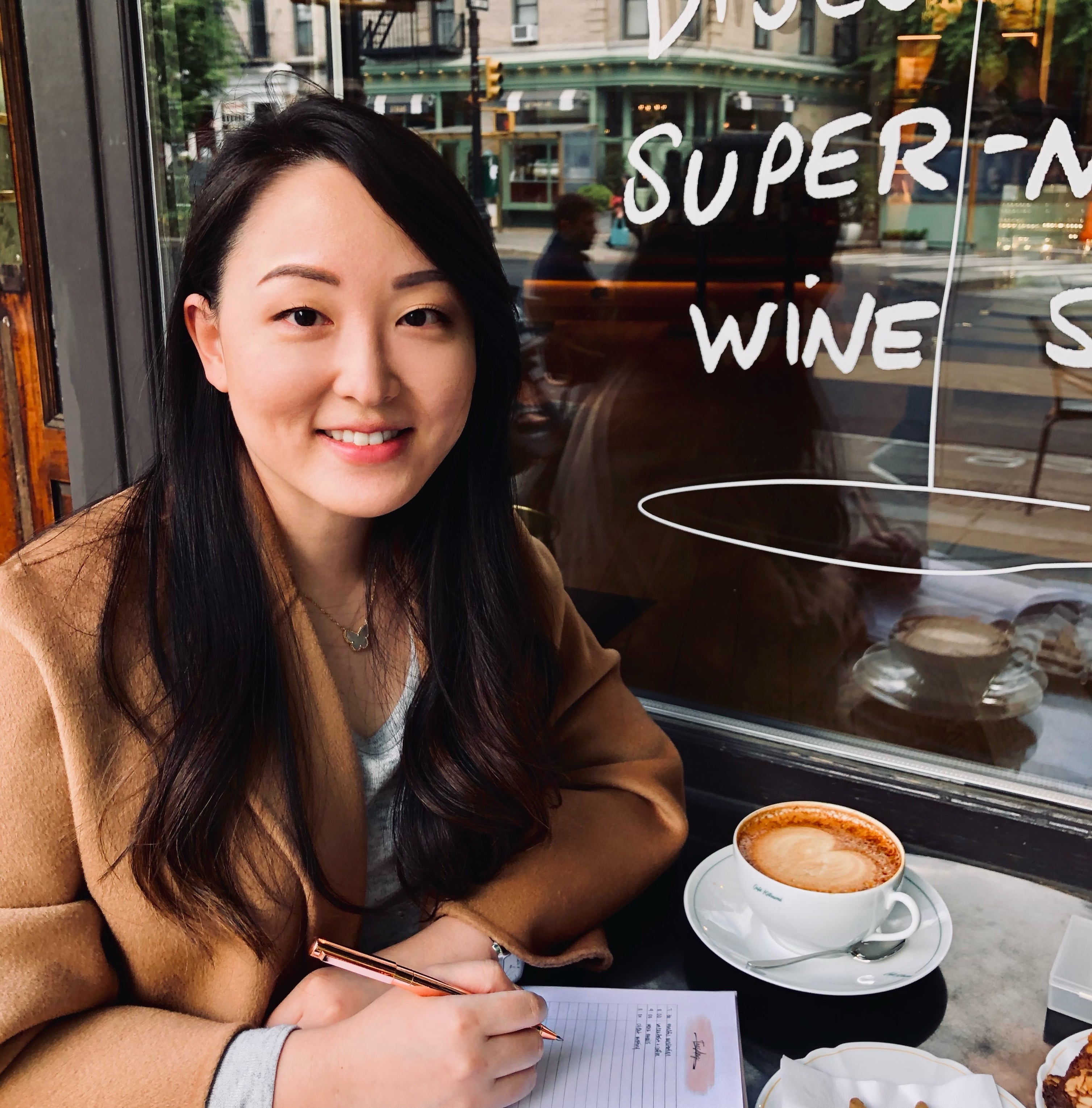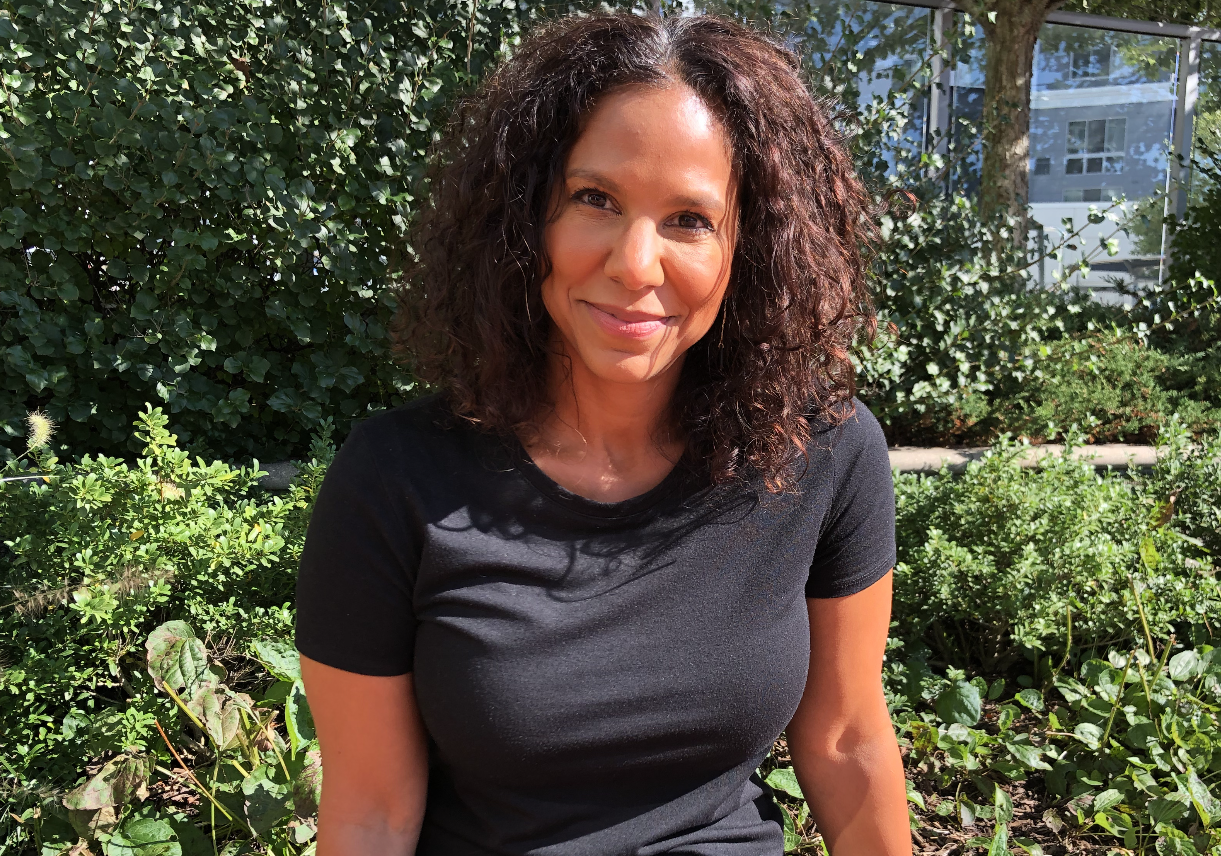This October, we’re having meaningful conversations around important but not frequently discussed topics in the beauty industry, like menopause, menstruation, and even mental health. The first week of October is known as Mental Illness Awareness Week. It is a time to raise awareness about mental health, find ways to fight the stigma surrounding it, and show support to the millions of Americans who are affected.
Today we have invited Lillian, a Licensed Mental Health Counselor, to talk about her experience in this field and the changes she wishes to see in the conversation surrounding mental health.

Lillian has been in the clinical counseling field for about nine years now where most of her training and background have been in psychotic disorders. In 2019 she decided to open her own private practice in 2019 so she could focus on helping people struggling with mood disorders, life transitions, and general mental health concerns. In her free time she loves doing arts and crafts and recently began creating digital illustrations with inspirational messages. In her own words, Lillian believes “it is so important for everyone to have hobbies and interests outside of their work-life to keep a balanced lifestyle and to prevent burnout.” Keep reading to hear more about how she hopes to uplift her clients and tips to stay motivated.
1. What led you to become a licensed mental health counselor?
I used to work in the food and beverage industry all throughout my undergraduate career. I really enjoyed the planning and detail-oriented aspect of the job, but I felt very little emotional reward at the end of the day. I was fortunate enough to volunteer on the weekends at my local church and served as a women’s group counselor for a number of years. I valued the social support that I found within the community and decided to pursue a higher degree so that I could offer clinical services. Since then I have learned so much and I feel grateful to have the opportunity to serve marginalized populations through counseling.
2. How do you think the conversation surrounding mental health has changed? What changes do you hope to see and how do you hope to be a part of this conversation?
I can’t say that the taboo of seeking mental health services has disappeared completely. There are still many people who don’t feel comfortable or see the value in publicly discussing mental health concerns. But I do see some improvement in the normalization of the therapy experience. Specifically, I have seen the emergence of wellness organizations that offer telehealth or online modules that target specific disorders. I’m excited to see that therapy seems to be more accessible than ever before. My clients have told me that traveling to sessions can be troublesome when their work/personal schedules are busy or when their symptoms are severe and they can’t come into the office for help. It’s amazing to see how anyone can receive counseling services remotely regardless of location and physical/mental challenges. I am privileged to be able to deliver virtual therapy to my clients and offer accessible mental health services. I am looking forward to seeing more advancements in telehealth in the next few years.
3. How do you hope to uplift and empower your clients?
Empowerment begins at the individual level. I actively listen to their present concerns and history and evaluate how they perceive themselves and the world. Most of my clients are women of color from oppressed populations who have experienced feelings of powerlessness their entire lives. Life has often presented them with uncontrollable situations that have perpetuated feelings of helplessness and self-blame. I help my clients work through their self-efficacy beliefs and identify the changes they want to see within themselves and their environment. I collaboratively work together to recognize the systemic challenges, create a plan of action to help them gain back their feeling of control, and support them as they implement interventions. I try to uplift my clients by using words of encouragement, validating their personal experiences, and reassuring them that they do not have to overcome their obstacles on their own.
4. Can you share some tips for how to stay motivated and focused to reach one’s goals?
When it comes to staying motivated, it’s helpful to remind yourself of these four elements: skill, meaning, cost, and vision. We tend to enjoy doing activities that we are good at. However, if we are doing an activity for the first time or learning something new, the skill and confidence level usually start off low. Practicing patience, kindness, and keeping track of your progress can help increase motivation. Additionally, finding meaning behind the goal and how it adds value to your life also keeps us motivated and reminds us of why we established the goal in the first place. With regards to cost, if we believe that achieving the goal is worth all of the hard work and effort we are putting in, we will most likely continue to carry out our goal. Ask yourself, is this goal worth my time and energy? Am I willing to go to great lengths to achieve it? Lastly, envision what your life will look like after you achieve the goal. Using guided imagery helps the goal seem more attainable and promotes positive thinking.

5. Is there anything else you would like to share?
There’s a common misconception that the journey to mental health and wellness is linear. There is an unrealistic level of standard that we place on ourselves that if we show any signs of regress that it means we failed. But in reality ups and downs are expected and all challenges lead to growth. That is why being kind to yourself and practicing self-love and self-validation are so important to your mental health.
Knours wants to be with you every step of the way. This is why we are committed to having important conversations like this one about mental health to show we aren’t just a skincare brand, but a community who supports you no matter what life throws at you.





Leave a comment
All comments are moderated before being published.
This site is protected by hCaptcha and the hCaptcha Privacy Policy and Terms of Service apply.